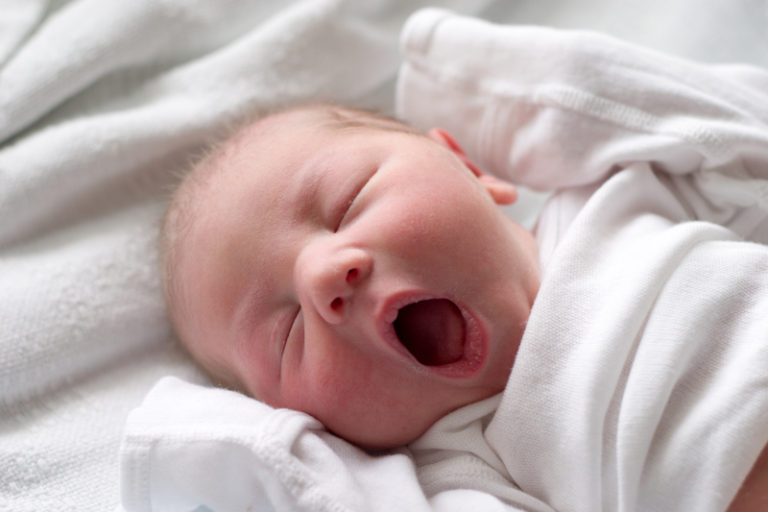Welcome to ABI digest! This section of the blog consists on informative articles that bring forward summaries of scientific papers. Of course, the topics we will be focusing on will be babies and pregnancy. Stay tuned!
Today's article is titled Sleep and sleep ecology in the first 3 years: A web-based study, and was written by Avi Sadedh, Jodi A. Mindell, Kathryn Kyedtke and Benjamin Wiegand. The focus of the article is to study the sleep patterns during the first 3 years of life. Mainly, the study was looking at parental interventions and infant sleep environment, and how they affect infant sleep.
The study is based on five thousand six completed web-based online questionnaire that parents filled out about their children, where they where asked questions about their kid's sleep patterns, sleep environment, sleep- related parental interventions, sleep position, and demographic information.
What did they find out?
They found out that sleep environment and parental behavior played a big role in the variability of the child's sleep patterns, specially during night time. The key is to have parental interventions that encourage independence and self-soothing. This was one of the main factors in achieving a more extended and consolidated sleep.
What are the factors that better predict night wakings?
According to this study, there were several factors. Usually, a kid was more likely to wake up more often when s/he:
- was breastfed back to sleep
- not sleeping in a separate room
- received a bottle during the night
- was brought to parents bed
- had an irregular bedtime routine.
What are the factors that better predict a deep, continuous sleep period?
- sleeping in a crib in a separate room
- older age
- not breastfeeding back to sleep
- not giving a bottle during the night
- a regular bedtime routine
- not bringing the child to the parents bed
General conclusions:
As was expected, sleep time decreases with as the kid matures and gets older. The main reason is the gradual disappearance of daytime sleep and concentration of sleep during the night time. Interestingly, daytime sleep is mostly determined by age whereas nocturnal sleep is better predicted by external factors.
As was expected, sleep time decreases with as the kid matures and gets older. The main reason is the gradual disappearance of daytime sleep and concentration of sleep during the night time. Interestingly, daytime sleep is mostly determined by age whereas nocturnal sleep is better predicted by external factors.
However, we must have into account that there is a huge variability of sleep duration during the first year of life. This suggests that there could be an underlying biologic factor (maybe genetics) or environmental factor that should be explored more.
Source Article:
Sadeh A, Mindell J a., Luedtke K, Wiegand B. Sleep and sleep ecology in the first 3 years: A web-based study. J Sleep Res. 2009;18(1):60–73.






